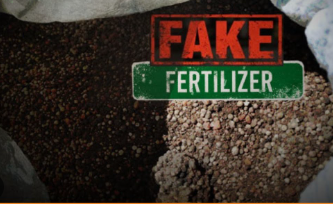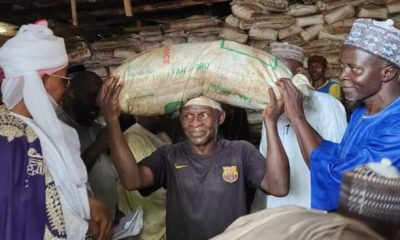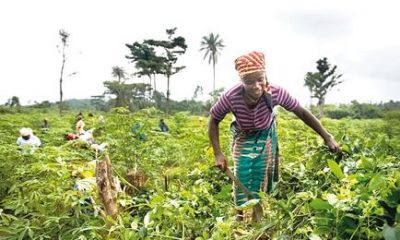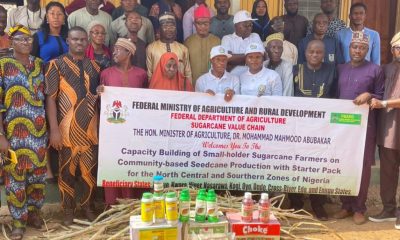Recently, some have suggested that seeds that are genetically modified to include pest, drought, and herbicide resistance (GMOs) provide an avenue for African countries to become more self-sufficient in food production and less reliant on global food chains.
Although we share the desire to build more just food systems, if history is any indicator, genetically-modified (GM) crops may actually render African farmers and scientists more, not less, reliant on global actors and markets.
Widespread distrust of the technology and its developers has animated local and transnational social movements that have raised important questions about the ownership, control, and safety of GM crops.
But another issue has to do with the complex character of the public-private partnerships (PPPs) that donors have created to develop GM crops for the continent.
Since 1991, beginning with an early partnership between the US Agency for International Development (USAID), the Kenyan Agricultural Research Institute, and Monsanto to develop a virus resistant sweet potato (which never materialized), PPPs have become a hallmark of GMO efforts in Africa.
This is mainly so for two reasons. The first is that GM technology is largely owned and patented by a handful of multinational corporations, and, thus, is inaccessible to African scientists and small to mid-sized African seed companies without a partnership agreement.
READ ALSO: Nigerian farmers brainstorm on dangers of agro-chemicals, GMOs
The second is that both donors and agricultural biotechnology companies believe that partnering with African scientists will help quell public distrust of their involvement and instead create a public image of goodwill and collaboration. However, we found that this multiplicity of partners has created significant roadblocks to integrating GMOs into farming on the continent.
Take the case of Ghana. In the mid-2000s, country officials embarked on an impressive mission to become a regional leader in biotechnology. While Burkina Faso had been growing genetically modified cotton for years, Ghana sought to be the first West African country to produce GM food crops.
In 2013, Ghanaian regulators thus approved field trials of six GM crops, including sweet potato, rice, cowpea, and cotton, to take place within the country’s scientific institutes.
In many ways, the difficulties presented here from both Ghana and Burkina Faso suggest that efforts to bring agricultural biotechnology to Africa are a house of cards: the partnerships that seem sturdy and impressive from the outside, including collaborations between some of the world’s largest philanthropies and industry actors, are actually highly unstable. But what about the situation in other countries?
Both Nigeria and Kenya have made headlines recently for their approval of GM crops. The news out of Nigeria is especially impressive, where officials recently approved a flurry of GMO applications, including Bt cotton and Bt cowpea, beating Ghana to permit the first genetically modified food crop in West Africa. Kenya also approved the commercial production of Bt cotton, an impressive feat considering the country has technically banned GMOs since 2011.
READ ALSO: Egmont Group threat: Implications for Nigeria, banks
Both countries, which have turned to an India-based Monsanto subsidiary for their GM seed supply, hope that Bt cotton will help revitalize their struggling cotton sectors. While biotech proponents have applauded Nigeria and Kenya for their efforts, it will take several growing seasons and more empirical research to know how these technologies will perform.
As the cases described here demonstrate, moving GMOs from pipeline to field is not simply a matter of goodwill or scientific discovery; rather, it depends on a multitude of factors, including donor support, industry partnerships, research outcomes, policy change, and societal acceptance.
This complex choreography, we argue, is embedded in the DNA of most biotechnology projects in Africa, and is often ignored by proponents of the technology who tend to offer linear narratives about biotech’s potential to bolster yields and protection against pests and disease.
As such, we suggest the need to exercise caution; not because we wish to see the technology fail, but rather because we are apprehensive about multi-million dollar collaborations that seemingly favor the concerns of donors and industry over those of African scientists and farmers.


 Health5 days ago
Health5 days ago
 Entertainment6 days ago
Entertainment6 days ago
 Crime5 days ago
Crime5 days ago
 Education7 days ago
Education7 days ago
 Health7 days ago
Health7 days ago
 Comments and Issues6 days ago
Comments and Issues6 days ago
 Football6 days ago
Football6 days ago
 Latest6 days ago
Latest6 days ago












